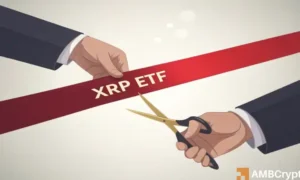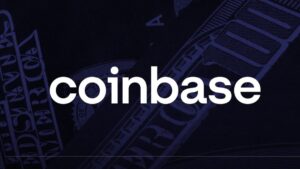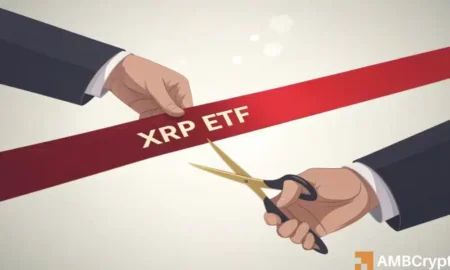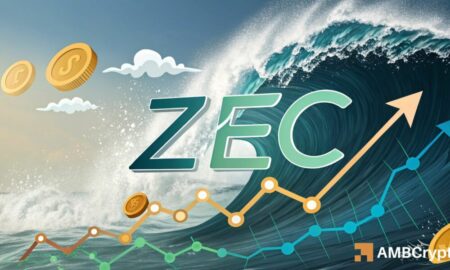BlackRock’s New iShares Staked Ethereum Trust: What You Need to Know
Introduction to Delaware Registration for ETFs
The recent registration of the iShares Staked Ethereum Trust in Delaware by BlackRock has sparked considerable interest in the financial and crypto markets. This filing may be the first indication of a new exchange-traded fund (ETF) focused on Ethereum, specifically targeting staking and yield generation. In the highly competitive arena of crypto investment products, such a move could provide investors with opportunities previously unavailable through standard Ethereum ETFs.
The Significance of BlackRock’s Move
BlackRock’s decision to file for this new product led by Managing Director Daniel Schweiger showcases the firm’s strategic shift toward a staked Ethereum investment model. Unlike traditional ETFs that merely provide spot exposure to Ethereum, the Staked Ethereum Trust aims to capitalize on staking advantages, allowing for a yield-generating investment. This shift could appeal to individuals seeking a return on their investments beyond the volatility typically associated with cryptocurrencies.
Evolving ETF Landscape: Staking Capabilities
The initiative follows closely on the heels of recent regulatory developments, including Nasdaq’s updated filing to enhance the existing iShares Ethereum Trust with staking capabilities. Analysts believe that BlackRock’s latest filings indicate a trend toward more sophisticated investment strategies that combine traditional fund management techniques with crypto innovations. With the SEC recently approving spot Bitcoin ETFs, BlackRock’s potential move suggests a broader acceptance of advanced crypto investment structures.
Insights from Industry Experts
Eric Balchunas, a well-regarded commentator in the ETF space, notes that the approval of staking features may represent the final key clearance necessary to launch such products. As Balchunas pointed out, the timing now shifts to when these derivative products will come to market rather than if they will. Interestingly, while BlackRock is making strides in Ethereum offerings, the firm remains skeptical about pursuing altcoin ETFs, reflecting a focused strategy on the most established cryptocurrencies.
Competitive Landscape and Global Trends
While the U.S. is navigating its way through staking-enabled ETFs, international markets move in parallel but often at a quicker pace. For instance, in October, Grayscale secured approvals for staking within their U.S.-listed Ethereum products, marking a significant milestone in regulated investment options. Meanwhile, Hong Kong has surged ahead by launching the first-ever spot Solana ETF. Such rapid developments illustrate the global race to establish crypto products, with various regions stepping into the spotlight as potential leaders.
Current Ethereum Market Sentiment
Despite the advancing regulatory landscape, the immediate price action of Ethereum tells a mixed story. Currently, Ethereum is trading around $3,023, reflecting recent declines. Continuous withdrawals from Ethereum ETFs and the significant outflows from BlackRock’s own ETHA fund demonstrate cautious institutional sentiment. Even so, the landscape is changing, and regulatory milestones are paving the way for future opportunities in the world of crypto investment.
Conclusion: The Future of Staked Ethereum ETFs
As BlackRock forges ahead with its iShares Staked Ethereum Trust, the implications for investors and the broader financial markets are manifold. This ETF could redefine how institutional investors interact with Ethereum, particularly by incorporating staking features that allow for enhanced returns. While the crypto market continues to evolve, this initiative by BlackRock signals a pivotal moment in the journey towards integrated and sophisticated cryptocurrency products that blend traditional investment strategies with cutting-edge technology. The coming months will be crucial in determining how this new product influences investor sentiment and market dynamics.
















